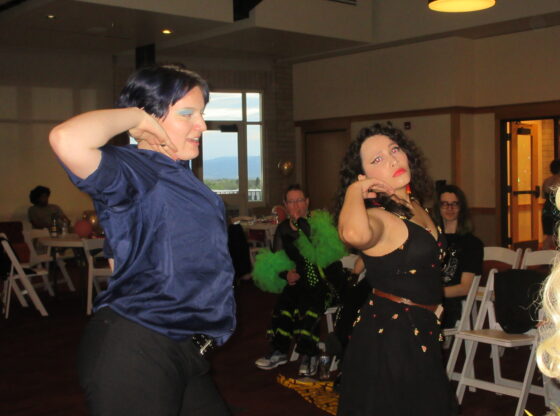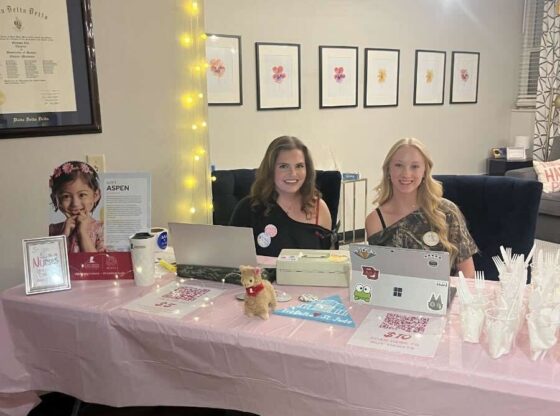The recent and revolutionary Black Lives Matter and Me Too movements have altered the world. These movements are important for bringing attention to sexism and assault in the workplace and the very prevalent racism and discrimination that is embedded within society.
Rock, alternative, folk, indie, country and other music genres have been intertwined with systematic racism and discrimination since their inception and still are today. Many artists and bands are viewed differently based on their race, sexuality, disability, socioeconomic status, marital status, pregnancy status, gender and more.
The music industry is still a male-dominated world. The perception of women and people of color in the industry is stereotypical and sexualized. Although there are more females and people of color represented in the music industry than in previous years, this presence has created a false idea these groups receive equal treatment and representation.
Only 5% of producers in the music industry are female, while 95% are men. Only four in 471 producers are women of color. Only 22.5% of the top charted songs were written by female artists.
White men are more likely to release a song, sign to a record label and collaborate with top-tier stars. This emphasizes a great institutional barrier that women and people of color face as they are more likely to be on the outside of any collaboration or new song release.
Women and people of color are majorly underrepresented in the music scene. This is extremely discouraging and disheartening to up-and-coming artists who are trying to get their music heard. More specifically, people of color are insufficiently represented. Out of “The Power 100,” which is a list of the most influential voices in the music industry, less than 10% of the individuals are people of color. The majority of the list consists of white men.
On Sony Music’s member board, only one person is Black. Similarly, Universal Music Group has only one Black person on their member committee. These major corporations are profiting off of Black culture even though they are run by white people, as they have signed big artists, such as SZA, Beyoncé, Tyler the Creator and many others, to their music labels.
Rap music was not considered a genre of music until 1989. This is a product of racial discrimination, and the public not acknowledging a popular genre of music because it was created by Black people.
The music industry participated in Blackout Tuesday by acknowledging their role as gatekeepers and encouraging the public to stream music created by Black artists. Blackout Tuesday was started by music executives Jamila Thomas and Brianna Agyemang, as an opportunity to revise the normal business day to be actively anti-racist and acknowledge the inequalities and systematic racism still prevalent in the world today.
It is difficult to separate a predominantly white music scene from the racism and discrimination that has been intertwined within the entertainment industry. There is a large pay gap and a lack of representation that needs to be addressed. Only 31% of the leadership roles within the music industry are filled by women. Female staff are expected to earn 34% less than their male coworkers.
Racial, sexual and gender-based discrimination is still all-too-prevalent within the music industry. There are many things that can be done to fight these barriers, such as taking the time to educate yourself on the discriminatory systems set in place, reaching out to employees in the music industry demanding change, signing petitions, advocating to fix these barriers and so much more. Today, the music industry must make an effort to destroy these stigmas and work to be actively anti-racist on an executive level.











